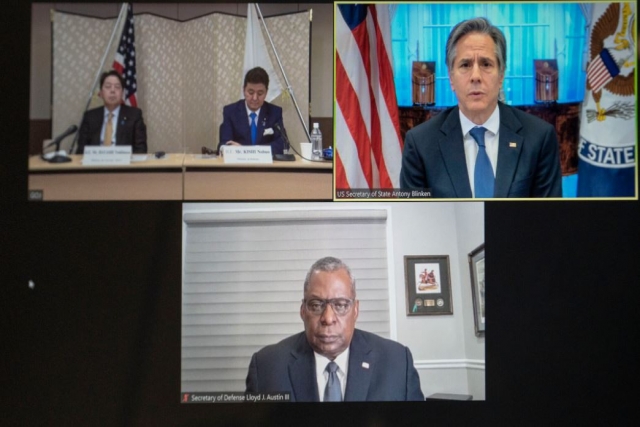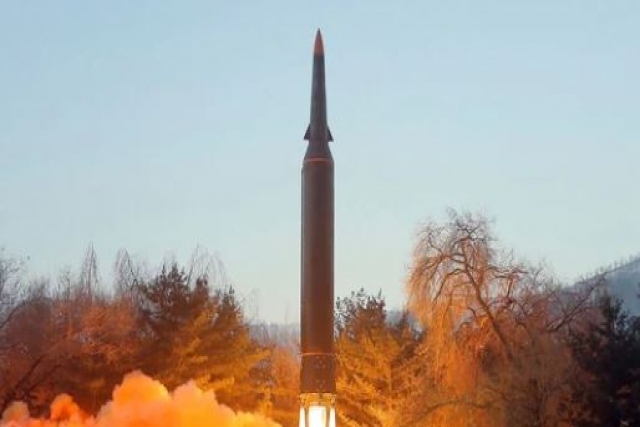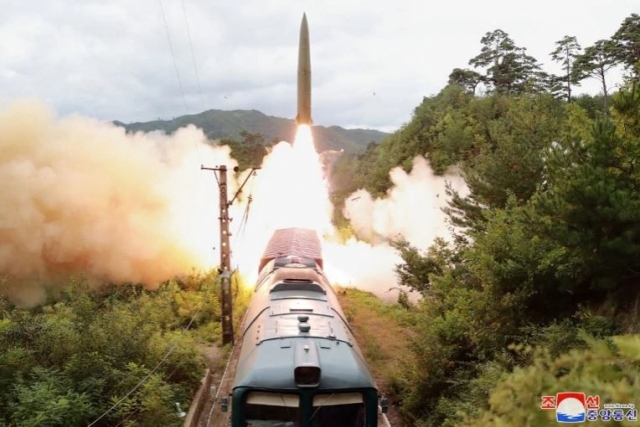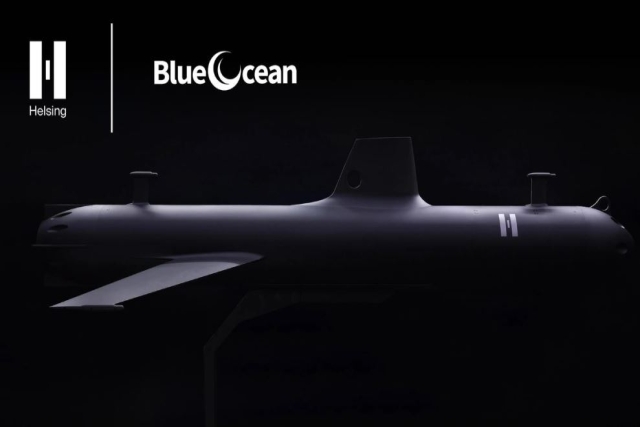U.S., Japan to Work on Counter-Hypersonic Technology

The United States and Japan will soon sign a deal on collaborating more closely in R&D of defense-related technologies, including ways to counter threats from hypersonic weapons.
This was announced ahead of January 6-7 virtual U.S.-Japan Security Consultative Committee meeting between Secretary of State Blinken, Secretary of Defense Austin, Minister for Foreign Affairs Hayashi, and Minister of Defense Kishi. Blinken said the two countries would sign a new deal designed to counter emerging threats such as hypersonic and space-based weaponry, days after North Korea tested what it claimed to be a hypersonic missile. Some Japanese media reports said the projectile fell close to its Exclusive Economic Zone.
“We’re launching a new research and development agreement that will make it easier for our scientists, for our engineers and programme managers to collaborate on emerging defence related issues, from countering hypersonic threats to advancing space based capabilities,” he said at the opening of the meeting.
Japan has been working on electromagnetic “railgun” technology to target those hypersonic missiles.
Blinken also revealed that Washington and Tokyo will soon sign a new five-year agreement on sharing the cost of the American military presence in Japan. This would end a Trump-era dispute that had been a significant irritant in U.S.-Japan relations. Blinken added the new deal will enable greater investment in the readiness of both countries’ forces and improve their ability to operate together.
“We remain grateful for the support that Japan continues to provide US forces deployed there and for an extraordinary level of mutual cooperation across the full spectrum of military capabilities,” he added.
The United States restated its commitment to the defense of Japan under the U.S.-Japan Treaty of Mutual Cooperation and Security, using its full range of capabilities, including nuclear. The two sides affirmed the critical importance of ensuring that U.S. extended deterrence remains credible and resilient.
The U.S. and Japan also expressed concern about what they described as China’s “ongoing efforts” to “undermine” the rules-based international order. The Ministers said they resolved to work together to deter and, if necessary, respond to destabilizing activities in the region.
The United States reiterated that it stands in firm solidarity with Japan in opposing any unilateral action that seeks to change the status quo or to undermine Japan’s administration of the Senkaku Islands. The Ministers also reiterated their strong objections to China’s unlawful maritime claims, militarization and coercive activities in the South China Sea, and said they had serious concerns about human rights issues in Xinjiang Hong Kong and underscored the importance of peace and stability in the Taiwan Strait.
The meeting between U.S. and Japanese officials comes a day after Japan signed Reciprocal Access Agreement (RAA) with Australia that provides for shared military training and military operations.












